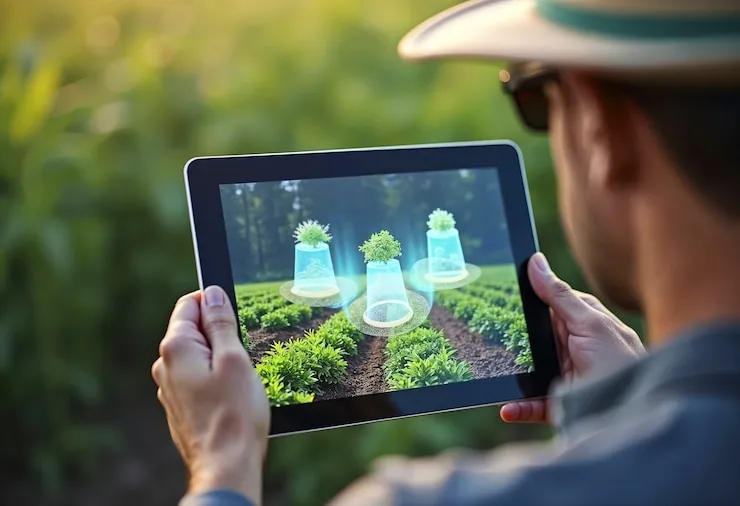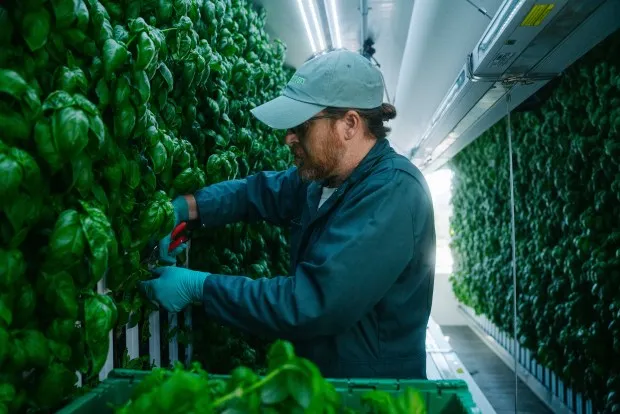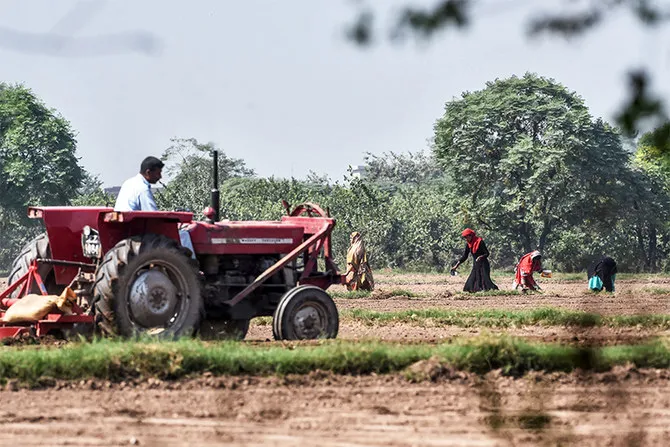In the farmlands of Punjab, a quiet revolution is taking shape. It's not led by tractors or new crops but by technology. Across the state, agri-tech startups are helping farmers earn a second income. These new-age businesses are not just about profits. They’re about problem-solving and in Punjab, there are many problems to solve.
Over the years, Punjab’s farmers have faced rising input costs, dropping water tables, and falling returns from traditional crops like wheat and rice. But change is now being driven by innovation. From direct-to-customer delivery to soil analytics, agri-tech platforms are unlocking new ways for rural families to earn more without leaving their land.
A New Breed of Startups

Agri-tech startups in India are not limited to big cities. Some of the most effective ones are working directly with villages in Punjab. These startups provide services like:
- Crop advisory
- Weather updates
- Market linkages
- Farm equipment rental
- Soil and water testing
- Organic produce marketplaces
What makes them different is their reach. Many operate in local languages. Some use call centers to help farmers understand complex tools. Others use mobile apps that work even with weak internet. Most importantly, they help farmers add new revenue streams from food processing to organic farming and doorstep delivery.
The Ludhiana Link: How One Startup Grew from a Hostel Room
One of the most inspiring examples is a startup that began at Punjab Agricultural University (PAU) in Ludhiana. Founded by two graduates, the company started by helping farmers test soil quality. It now offers full agri-solutions from planting advice to crop sales.
This startup partners with over 3,000 farmers across Ludhiana, Moga, and Barnala. For every 1,000 invested by a farmer, the startup claims a 1,500 return not from just crop sales, but also from secondary income like compost sales, sapling nurseries, or food packaging units.
A New Way to Sell: Bypassing the Middlemen
One of the biggest pain points for Punjab’s farmers has always been the mandi (market) system. Middlemen often take a large cut. Prices can be unstable. Many agri-tech startups are now solving this by connecting farmers directly to buyers.
For example, some startups based in Mohali and Amritsar now run apps where farmers can list their vegetables, fruits, or pulses. Buyers from Chandigarh, Delhi, and even Mumbai can place direct orders. This farm-to-fork model increases income by 20–30%.
Women farmers, especially in Patiala and Hoshiarpur, have used this model to start small home-based food businesses making pickles, papad, or jaggery, and selling it online. For many families, this side income now supports children's school fees or medical expenses.
Rental Platforms: Letting Farmers Share Tools, Not Buy Them
Another growing model is equipment sharing. Many small and marginal farmers cannot afford expensive machines like combine harvesters or sowing drills. Startups in Punjab are now offering Uber-like rental platforms.
A farmer in Ferozepur, for example, can now book a tractor or thresher for a few hours instead of buying it. This has saved thousands of rupees per season. But more interestingly, owners of idle machines are now earning extra income by listing their equipment for rent.
This sharing economy is also reducing debt as fewer farmers are now taking loans for equipment they’ll only use for a few weeks a year.
Farming Meets Food Tech: New Avenues for Income

Punjab is famous for its crops but not always for what happens after harvest. That’s changing fast. Startups are now helping farmers with processing, packaging, and selling finished products.
One example is from Sangrur, where a farmer collective now sells vacuum-packed makki di roti and sarson da saag to urban families. Another group in Malerkotla packages spices and organic honey under their own brand, supported by a startup offering e-commerce help.
These products are sold through local kirana stores, WhatsApp groups, and even Amazon. For these farmers, what was once leftover produce is now a branded product with a label and price tag and a source of income.
Young Farmers Are Leading the Change
Many agri-tech solutions are being used by young farmers under 35. These youth are not just tech-savvy but are also more open to risk. In Tarn Taran, a 28-year-old farmer left his IT job in Mohali and returned to launch a solar-powered cold storage unit. With the help of a local startup, he now rents it to nearby farmers and earns more than his previous salary.
Such stories are inspiring more youth in Punjab’s villages to see agriculture not as a burden but as a business.
Challenges Still Remain
While agri-tech is growing, there are still hurdles:
- Internet gaps in some rural areas limit app use.
- Low digital literacy means not all farmers can access complex tools.
- Trust issues make older farmers hesitant to change traditional ways.
- Limited funding for local startups compared to metro cities.
Still, the trend is clear. Agri-tech is no longer a city idea. It is growing right in the fields of Punjab.
A Future with More Than One Harvest
Punjab’s green revolution fed the nation for decades. But today’s farmers need more than wheat and rice to survive. They need options. Agri-tech startups are now offering those options and with them, a path to dignity, stability, and growth.
A farmer who once waited for mandi prices now tracks his sales on an app. A housewife who once made pickles just for the home now ships jars across Punjab. A young man who once drove trucks now rents drones and cold storage.
For Punjab’s farming families, the second income may not be just money. It may be a second chance.













